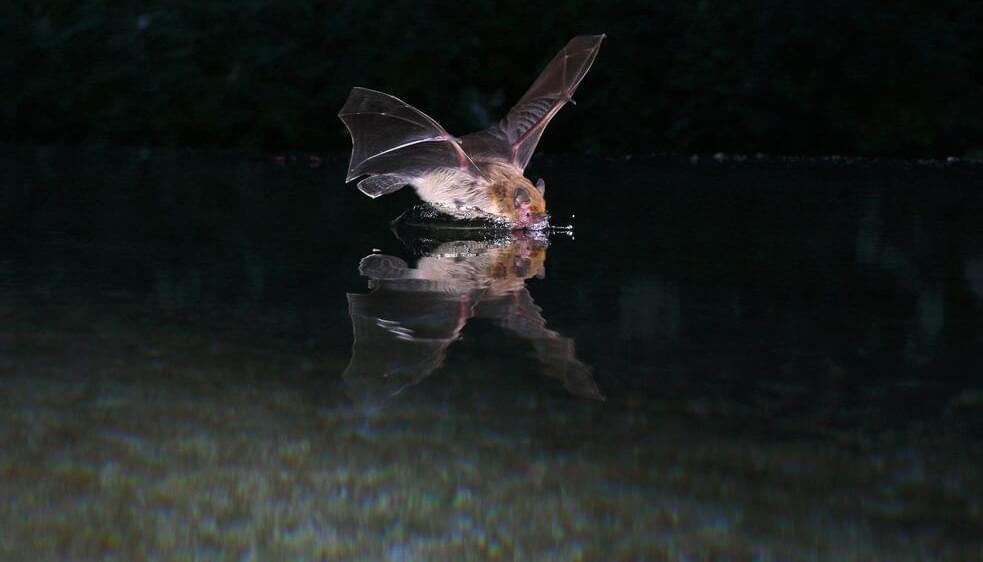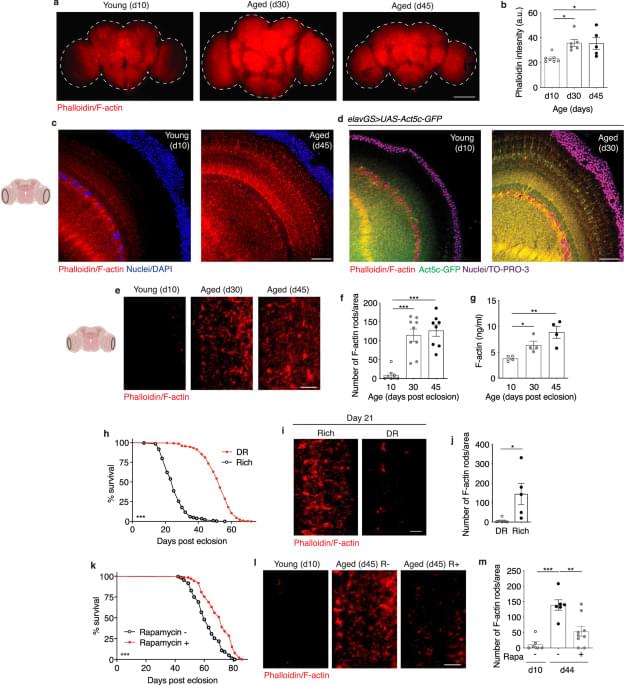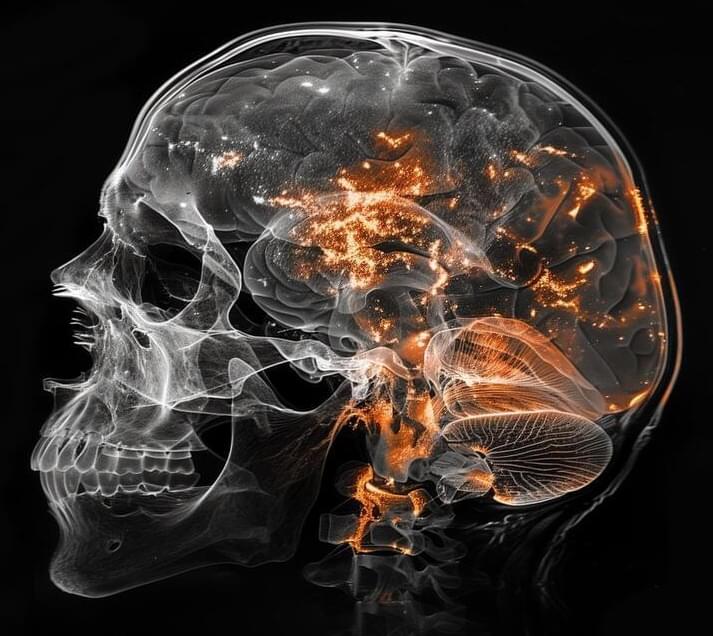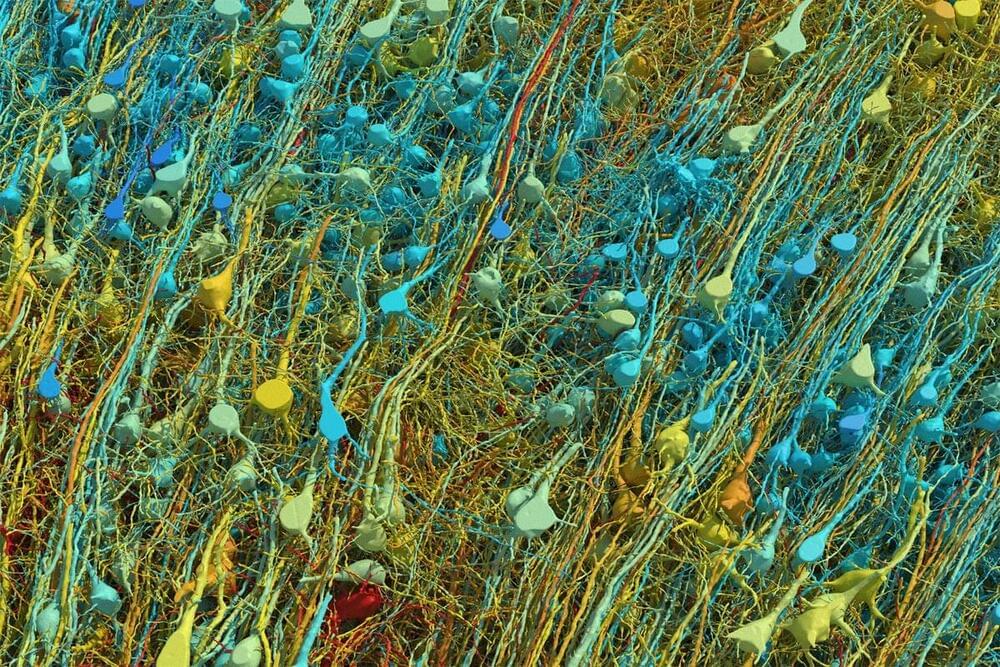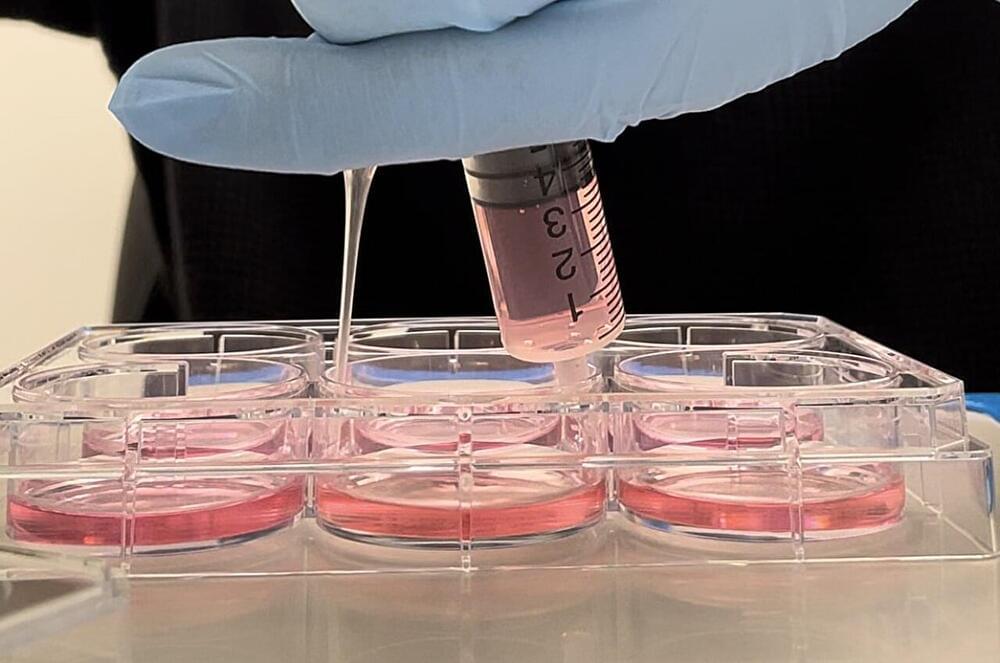Nov 9, 2024
Study shows bats have acoustic cognitive maps
Posted by Saúl Morales Rodriguéz in categories: habitats, mapping, neuroscience
This finding, published in Science, was demonstrated by researchers from the Max Planck Institute of Animal Behavior, the Cluster of Excellence Center for the Advanced Study of Collective Behavior at the University of Konstanz, Germany, Tel Aviv University, and the Hebrew University of Jerusalem, Israel.
Would you be able to instantly recognize your location and find your way home from any random point within a three-kilometer radius, in complete darkness, with only a flashlight to guide you?
Continue reading “Study shows bats have acoustic cognitive maps” »
